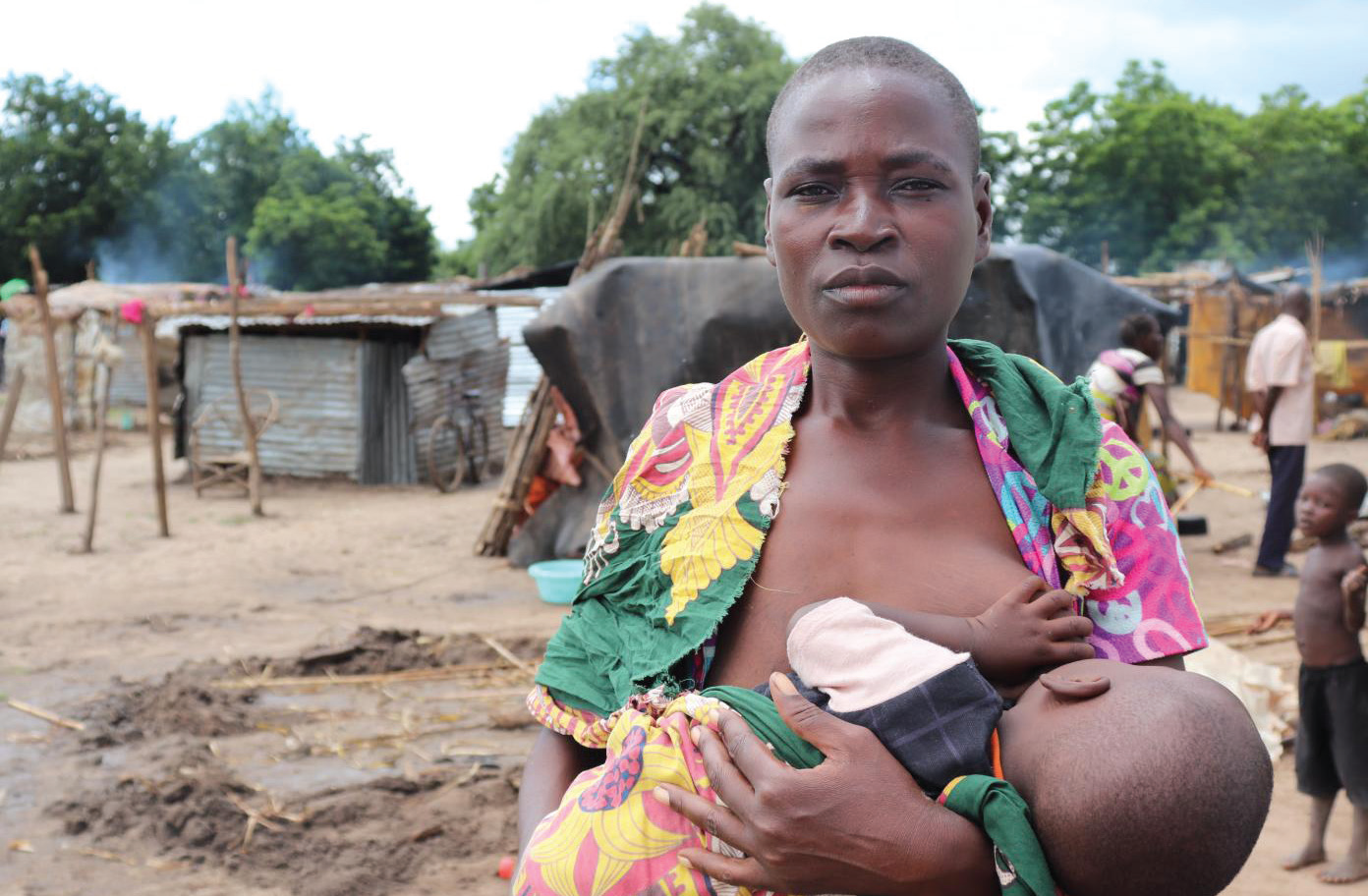Storm horror dials up calls for relief
Sarah Bakali, 31, agonises about the night she lost her four-year-old daughter, Abigail, to a devastating flood that flattened her village.
After fleeing her house in Kanseche Village, she struggled to hoist her year-old baby on her back and Abigail onto her shoulders in a perilous attempt to cross the crocodile-infested Mwanza River in Chikwawa District.

“Then I slipped into deep waters and the surge washed her away. That was the last time I saw her. I know she is dead. She’s too young to swim,” says Bakali amid sobs in memory of her ‘obedient daughter”.
Abigail is one of three missing persons from the village, where flooding triggered by Tropical Storm Ana destroyed 520 homes, leaving only a few abandoned structures standing, their roofs washed away.
Sanitation gaps
More than 2 000 people have taken shelter at a nearby camp with only one latrine and a single borehole.
The displaced population includes more than 800 children.
The lack of clean water and sanitation services leaves Bakali concerned for the health and well-being of her surviving children.
“I cannot wait to leave the camp,” says the mother of five. “But I have no home to return to. I lost everything. I cannot go back to the village.”
Her camp mates say diarrhoea has become common at the camp.
During normal times, the disease fuelled by unsafe water and poor sanitation still kills seven percent of Malawian children before they reach their fifth birthdays.
Camp secretary Pilirani Mailosi says the displaced community is increasingly at risk of waterborne, sanitation-related diseases, especially diarrhoea which has become widespread.
“The pit latrine has been overwhelmed. It emits a foul smell. We are recording 20 to 25 diarrhoea cases every day, mostly children,” he says.
Mailosi, who sits on the ravaged village’s civil protection committee, says the displaced community requires at least 20 latrines.
“We need urgent assistance, especially food, safe water, sanitation, hygiene and dry land where we can live safely, he says. “We have agreed never to return to the low-lying village where flooding has become more frequent and severe in the last few years.”
However, relief is not arriving fast enough. The camp only received its first consignment of aid a week after the tragedy struck. It included 100 bags of maize flour, 160 buckets and soap.
Some at the isolated camp believe they have been ignored as relief efforts have concentrated along paved roads.
Unicef support
Unicef is working with the Government of Malawi to provide emergency relief to children in affected communities. The relief is focusing mainly on Wash, nutrition, education, child protection and health.
Estere Tsoka, Unicef emergency specialist, says the UN children’s agency has provided Wash supplies to Chikwawa and Nsanje, in the worst-hit Shire Valley at the country’s southern tip, including latrines and enough water treatment chemicals for 15 000 people.
“The rains and floods have created great need among the local community,” says Tsoka. “For example, we need active surveillance for disease outbreaks so that control measures can be taken.”
“We also need to ensure that affected people can access safe water and sanitation, in places where some facilities were destroyed, and where displaced people are seeking shelter.”
Tsoka said emergency support was required to access nutritious food and avert potential malnutrition among children.
Unicef is appealing for $8 million to meet the immediate and medium-term needs of children and women in affected areas.
Cry for urgent help
The Department of Disaster Management Affairs says the three-day tropical storm displaced 190 429 families, left 37 people dead and 20 missing.
Now Bakali, whose food supplies and fledging crops were buried in mud, can only afford a single meal a day for her baby and its three other school-going siblings.
“Losing my child has been devastating,” she says. “We need urgent support to stop this disaster from getting any worse.”






One Comment